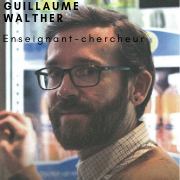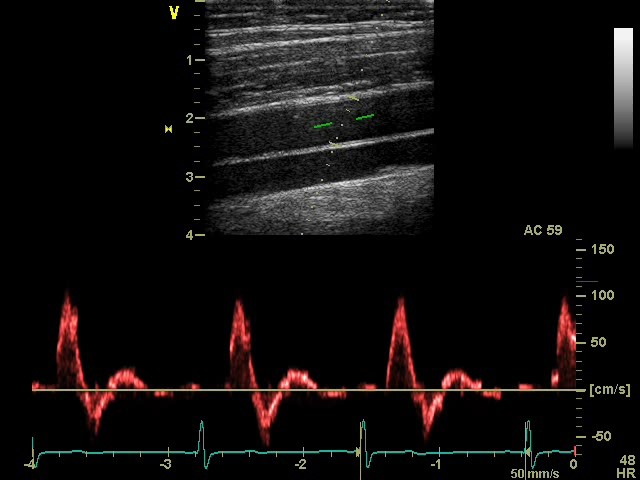[Portrait] Guillaume Walther, teacher-researcher at Lapec

1- What is your research about?
My training is mainly in exercise physiology and cardiovascular pathophysiology. My research focuses on the effects of physiological stresses, such as exercise or nutrition (sugary drinks that create hyperglycemia, diet drinks or a comprehensive nutritional programme), on cardiometabolic health. The aim is to explore cardiovascular adaptations (and explanatory mechanisms) in response to these stresses in healthy subjects. This information will also help to better understand how to prevent and treat the development of metabolic diseases, such as obesity or diabetes, by non-pharmacological methods such as physical exercise and/or nutrition.
2- What is your scientific news?
I recently participated in an INSERM national collective expertise (mandated by the Ministry of Sports) on the "Prevention and treatment of chronic diseases through physical activity", which has just been published in March 2019.
With the aim of disseminating scientific knowledge, we have signed an agreement with the Arles Prison (Central House for long sentences) to hold conferences for inmates, who are very interested in physical activity and nutrition-related issues. Eight conferences are scheduled for 2019.
3- Why did you choose to work in academic research?
A desire for complementarity between advanced research activities and the transmission of scientific knowledge to students, anchored in everyday life. What has always motivated me to keep this link alive is the reflection on the pedagogical methods that can be used to ensure that this scientific message has the greatest possible impact on students, and more widely on the general public.
4- What advice would you give to students who want to do research?
Above all, I believe that you have to find a research theme that questions you personally. This will allow you to hold on in the difficult moments that you may encounter during a thesis or in the postdoctoral years. An essential point is also to be aware of the limits of one's work, and to take an interest in the mistakes one can make, with the aim of developing critical thinking and scientific honesty, which I believe are the cornerstones of the essence of a researcher.
5-What object or image from your research best illustrates you?

This image symbolises the very 'heart' of my research, as it was a medical event in my family that led me into this field of cardiovascular physiology. This is a large-calibre artery (thigh artery) that is visualised by ultrasound imaging. This complex and highly plastic vascular network is essential to provide the elements necessary for the proper functioning of all our organs.
Mis à jour le 26 March 2023